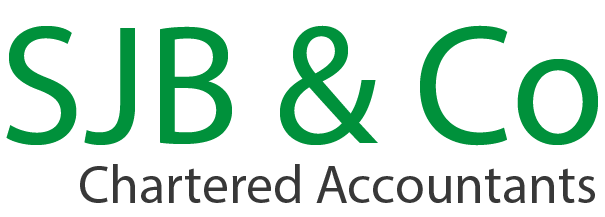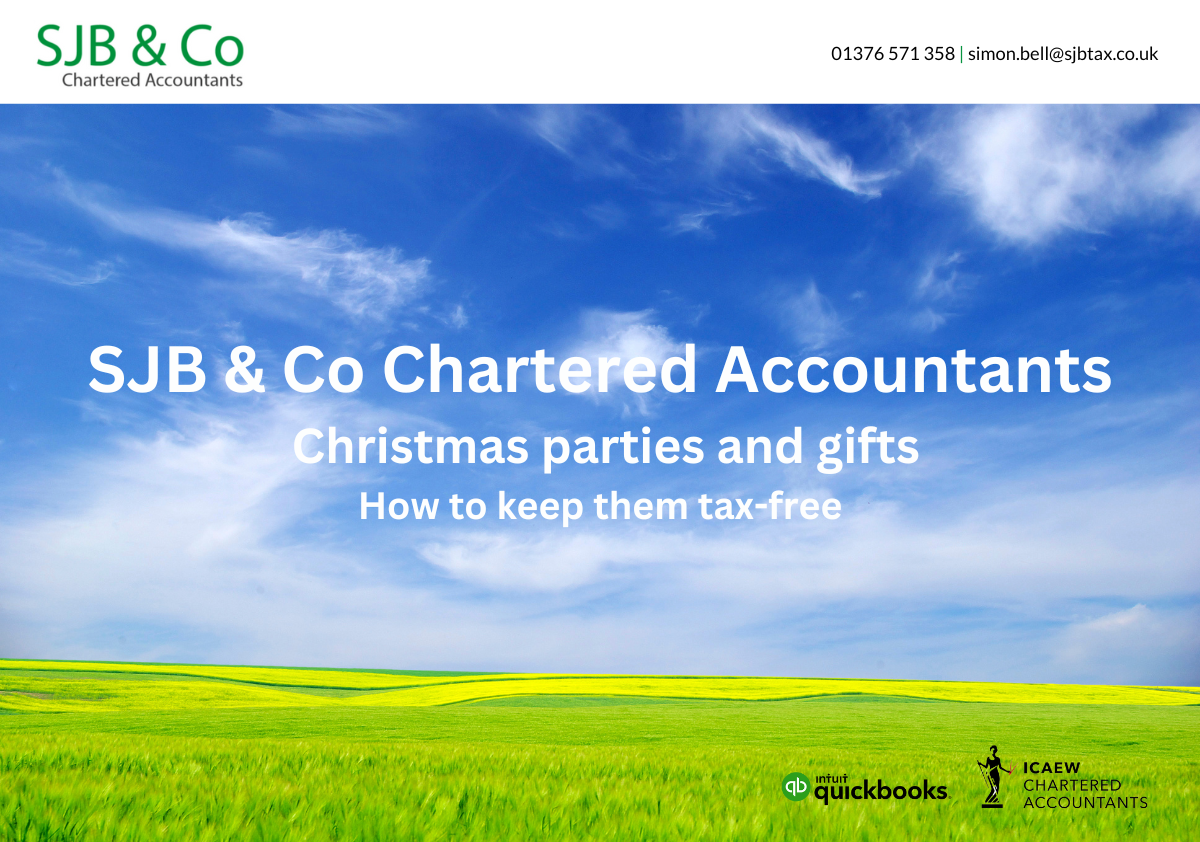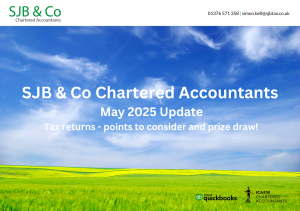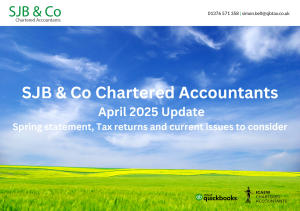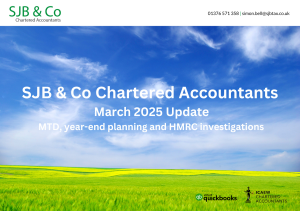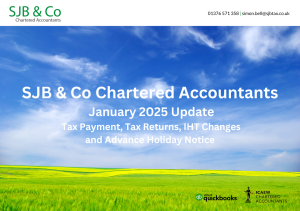| Christmas parties and gifts. How to keep them tax-free |
Many employers hold a staff Christmas party and/or give their staff a Christmas gift. By taking advantage of the available exemptions, it is possible to prevent an unwanted tax liability from arising.
Key dates
Where the exemptions do not apply and a taxable benefit arises in respect of a 2023 Christmas party or gift, this must be reported on the employee’s P11D by 6 July 2024 unless you are payrolling the benefit. If you opt to meet the liability on your employees’ behalf by including the benefit within a PAYE Settlement Agreement (PSA), you must agree this with HMRC by 5 July 2024.
This note explains how to take advantage of the tax exemptions for annual parties and trivial benefits, and the conditions that must be met for the exemptions to apply.
Annual parties and functions
If you hold a Christmas party every year, you may be able to take advantage of the tax exemption for annual parties and functions. To keep the event tax-free and avoid a tax charge as a benefit in kind, the event must be available to all your employees or to those at a particular location. Departmental events will qualify as long as all members of the department are invited. However, those for staff of a particular grade, such as a function for managers only, will fall outside the scope of the exemption.
The exemption only applies to annual events. Consequently, if you do not normally have a Christmas party for your employees, but decide to hold one this year, the event will not qualify for this exemption (although it may be possible to benefit from the trivial benefit exemption described below).
The exemption for annual parties and functions only applies if the cost per head is not more than £150. This is the total cost of the event, including any transport or accommodation also provided, and including VAT even if this is subsequently recovered, divided by the number of people attending (employees plus any guests). If the cost per head is more than £150, the total amount is taxable, not just the excess over £150.
If you hold more than one annual event each tax year and the total cost per head is more than £150 per head, you can utilise the exemption to give the best overall result. However, the £150 per head figure is not an allowance, you can only use it to shelter whole events. For example, if you have three annual events for employees costing, respectively, £80 per head, £60 per head and £30 per head, you can use the exemption for the events costing £80 and £60 per head (a total of £140). The £30 per head event would be taxable in full – you cannot use the unused £10 of the £150 per head exemption to reduce the taxable amount to £20.
Where an event is taxable, the taxable amount is the cost per head. If an employee brings a guest, they are also taxed on their attendance.
To prevent your employees from being taxed on their attendance at a Christmas party outside the scope of the exemption, you may wish to include the benefit in a PSA and meet the associated liability on your employees’ behalf.
Gifts and the trivial benefits exemption
The trivial benefits exemption allows you to provide modest Christmas gifts, such as a bottle of wine or a turkey, to your employees without trigger a tax charge under the benefits in kind legislation.
The exemption will apply to gifts that cost you £50 or less to provide and which are not in the form of cash or a cash voucher. However, gifts made as a reward for work or performance do not qualify, nor do gifts to which the employee is contractually entitled. A cap of £300 a year applies to gifts made to a director of a close company or a member of their family or household.
If you provide a gift to a number of employees and it is not practicable to work put the cost of the benefit given to each individual employee, you can use the average cost instead.
There are some traps to be aware of, particularly if you use a gift card or app to provide gifts to employees. In this case, the cost is the total cost for the tax year, not the cost each time the app or gift card used. Consequently, if the annual cost exceeds £50 the exemption will not apply. For example, if you provide your employees with access to an app which allows them to choose a treat to the value of £30 per month, the exemption will not apply as the annual cost, at £360, is more than £50, despite the fact that each treat costs less than £50.
The trivial benefits exemption could also be used to keep a Christmas party which does not benefit from the annual functions exemption tax free, as long as the cost per head is not more than £50.
Please call if you need help with any of the issues raised in this post.
Please feel free to forward this newsletter to any colleagues or friends who may be interested in it.
For more information or to discuss any issues raised above please contact Simon Bell by phone on 01376 571358 or email [email protected]
This article is written in general terms and therefore cannot be relied on to cover specific situations; applications of the principles set out will depend on the particular circumstances involved and it is recommended that you take professional advice before acting or refraining from acting on any material in the newsletter.
